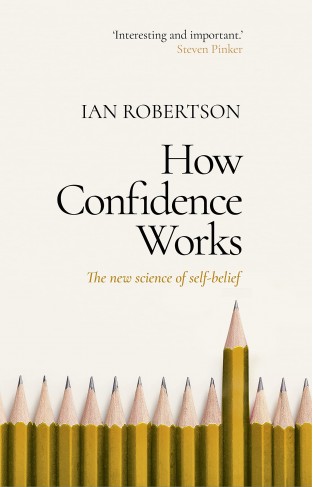'Brilliant ... it will change how you think about confidence.' Johann Hari 'Important for everyone but crucial for women.' Mary Robinson 'Interesting and important.' Steven Pinker __________ Why do boys instinctively bullshit more than girls? How do economic recessions shape a generation's confidence? Can we have too much confidence and, if so, what are the consequences? Imagine we could discover something that could make us richer, healthier, longer-living, smarter, kinder, happier, more motivated and more innovative. Ridiculous, you might say... What is this elixir? Confidence. If you have it, it can empower you to reach heights you never thought possible. But if you don't, it can have a devastating effect on your future. Confidence lies at the core of what makes things happen. Exploring the science and neuroscience behind confidence that has emerged over the last decade, clinical psychologist and neuroscientist Professor Ian Robertson tells us how confidence plays out in our minds, our brains and indeed our bodies. He explains where it comes from and how it spreads - with extraordinary economic and political consequences. And why it's not necessarily something you are born with, but something that can be learned. __________ 'Rich stories and change-inspiring examples for every kind of performer.' Pippa Grange 'Appealing... ranges from neuroscience to politics.' Nature



